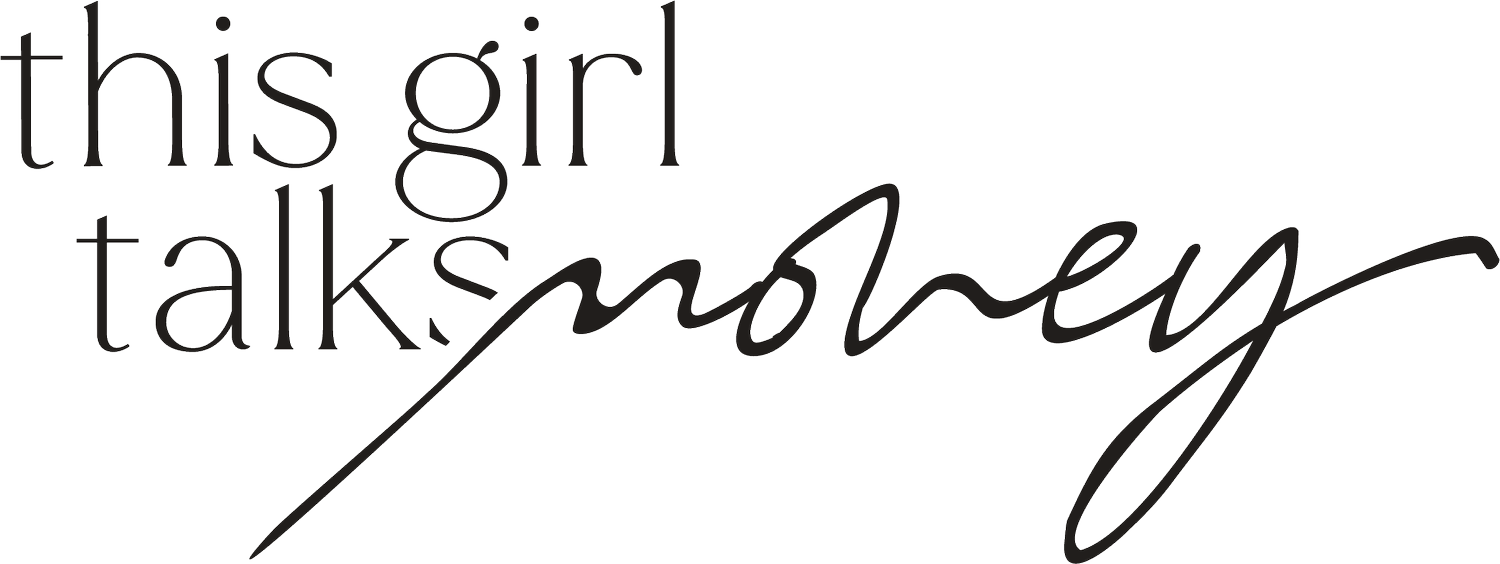New year, same me
For most of us, it’s pretty tricky to avoid the new year new me onslaught of content that pops up every January. But it’s especially challenging to dodge when a significant chunk of your income comes from writing content in a field notoriously popular for new years’ resolutions (hello, yes that’s me).
Last month, I decided that this year I would finally give myself a bit of a break from the perpetual annual cycle of setting many ambitious resolutions and subsequently failing to stick to them. Resolutions aside, I’ve done several years of Dry January in my early twenties when my liver resembled something like a fish bowl, and I’ve done Veganuary for the last three years in a row. So fast forward to 2022 and I no longer drink like the 18 year old I once was, because frankly the hangovers are too horrendous, so giving up my one or two drinks at the weekend seems unnecessarily strict. Plus, Veganuary was such a hit over the last couple of years that our daily diet now consists of somewhere around 80% plants anyway (plus I stopped being a big meat eater aged 7 but that’s a story for another day…). I feel like I’ve really done my time in the resolution camp.
Yet writing the many pieces of copy about resolutions, goals, aims for the year (or whatever it is you’d like to call them) that I’ve typed out over the last week, something I’d never noticed before occurred to me. Something which may or may not explain why the idea of resolutions seems so positive, whilst the reality looks far from it and actually, often ends up being a chore.
We set resolutions on 100% page view, when we need to be looking at 50% and taking a bigger step back to see the full picture.
I’m sure there’s a better analogy than that, but we’ll go with it for now. You see, when you’re zoomed in to a page too closely, you can only really see the immediate text in front of your cursor. You can have a paragraph or twenty pages of text before, but you can’t see any of that. You see the words you write in isolation, without the wider context. And resolutions, all too often, are set in isolation. We create them to be binary and fixed, floating in the universe, plucked out of somewhere and we expect ourselves to achieve them.
I want to save £10k this year. I want to pay off £5k on my credit card this year. I want to invest £100 a month this year. I want to stay at a £400 per night hotel in New York this year.
But what if we zoomed out to 50% view and looked at whether our goals actually fit into our lives? And if they don’t fit into our current lives, are we asking ourselves whether we’re willing to make the changes needed for the goals to happen?
The thing is that if you’re not in a habit of doing something you want to be doing right now, there’s probably a reason. If you want to exercise three evenings a week but you work until 7pm each evening, watch two hours of Netflix, read for 20 minutes and go to sleep at 10pm, something’s got to give if you’re ever going to reach that goal. You might cut down your Netflix hours for a few weeks, or go to bed at 11pm, but if you resent the changes you’re making to your current lifestyle to reach the goal, you’ll likely put it in the bin after a few weeks.
So here’s my takeaway. If money resolutions or goals are on your vision board this year, rather than setting out with hope and optimism, ask yourself: what are you willing to do to reach those goals?
And if the answer is that you don’t want to give up anything, work harder, spend less? Maybe this year is the year you skip the resolutions and just live your life.
Want to chat more? Follow my daily musings on money @thisgirltalksmoney



